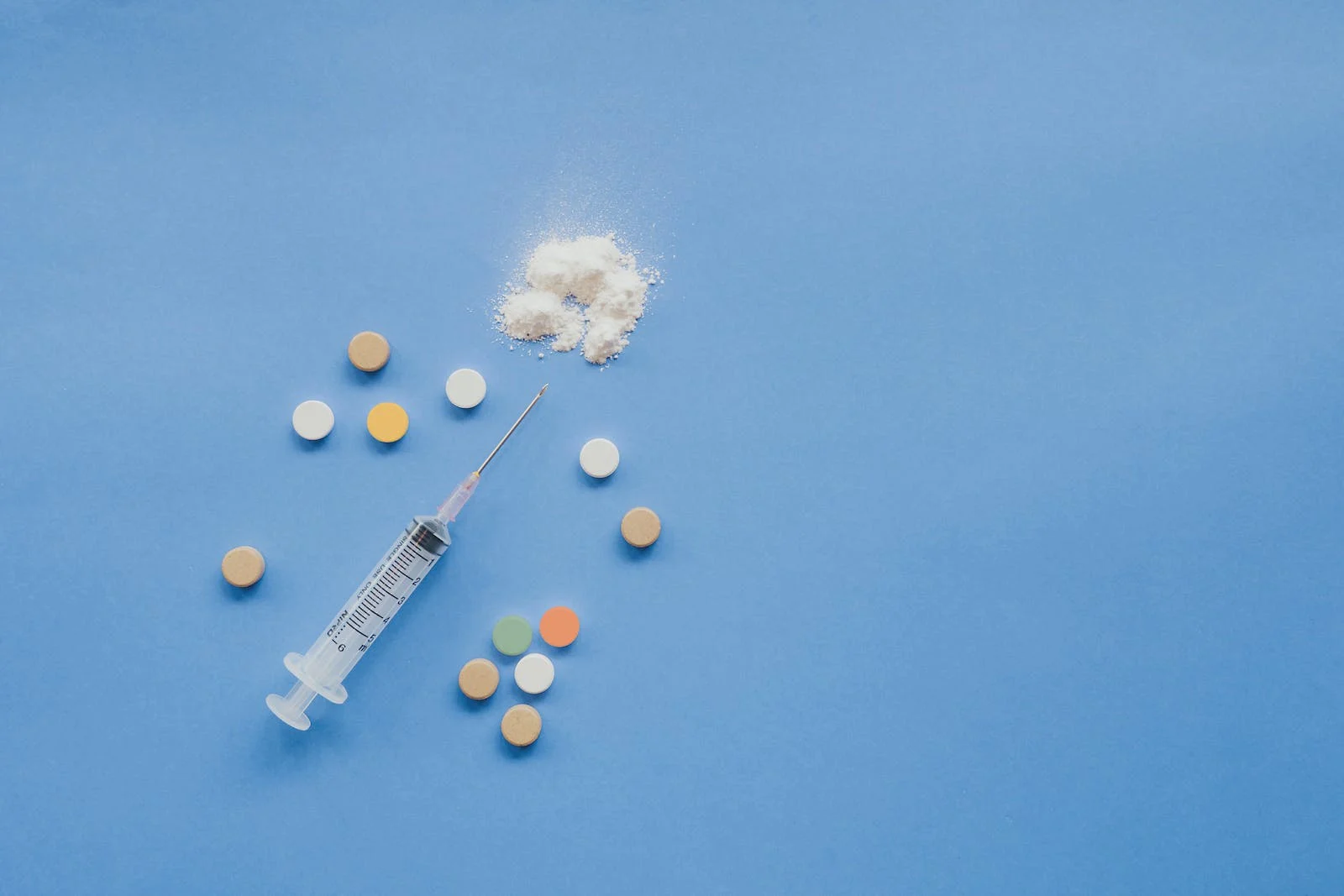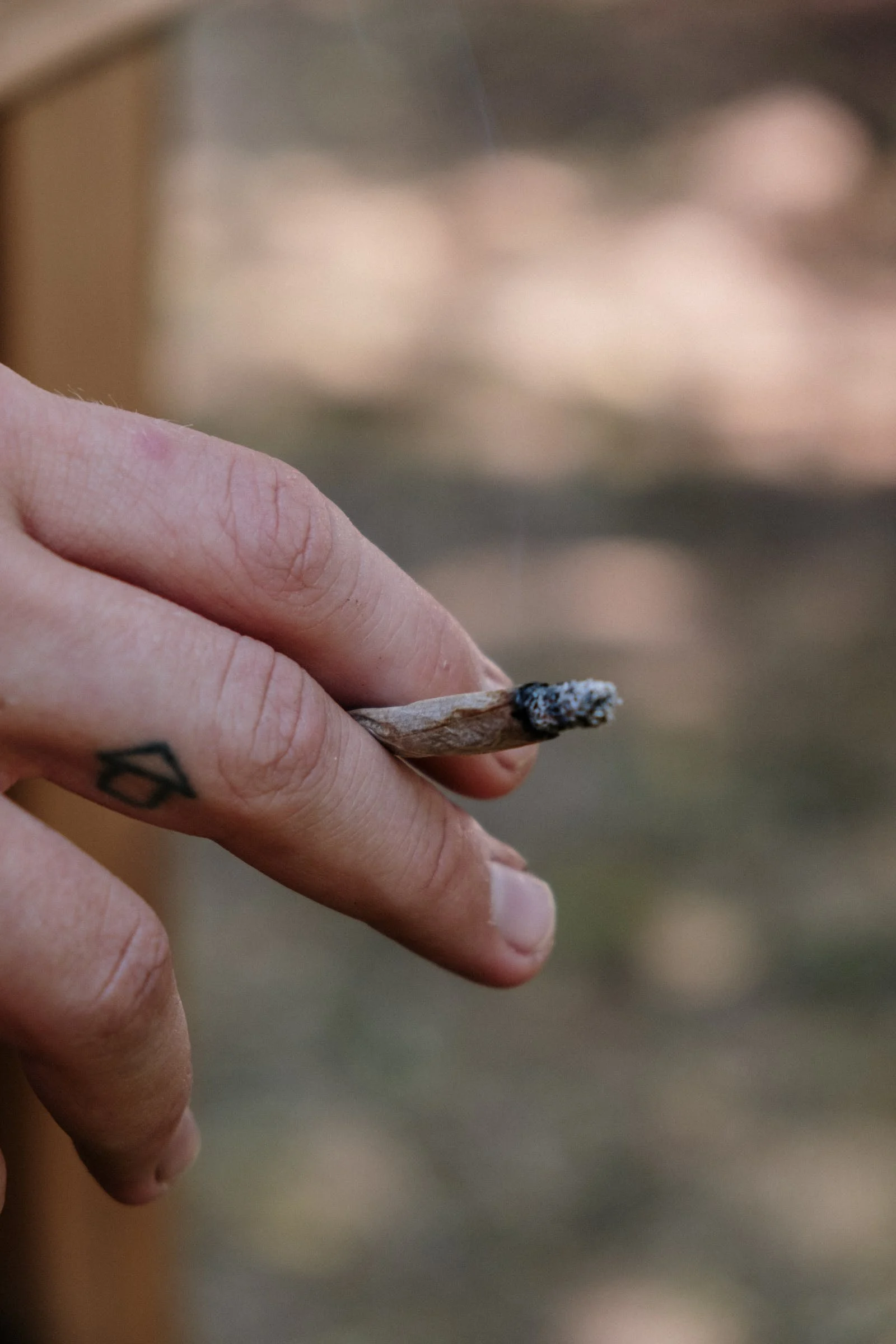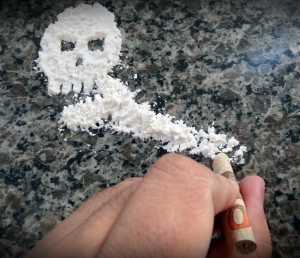It is essential to recognize the diverse manifestations of addiction that have infiltrated our society....
Those who have never been to rehab before may wonder what it involves. The term conjures images of uniformed healthcare...
Schizophrenia and Substance Abuse: How Connected Are They?
 One of the most startling aspects of the connection between schizophrenia and substance abuse is the high prevalence of substance use disorders among those with schizophrenia. Studies consistently show that individuals diagnosed with schizophrenia are more likely to engage in substance abuse compared to the general population. This connection can be best demonstrated using the self-medication hypothesis. According to this hypothesis, individuals with schizophrenia may turn to substances as a way to self-medicate or alleviate their distressing symptoms. Imagine dealing with hallucinations or disorganized thoughts—some may use alcohol or drugs to temporarily escape from this internal turmoil.
One of the most startling aspects of the connection between schizophrenia and substance abuse is the high prevalence of substance use disorders among those with schizophrenia. Studies consistently show that individuals diagnosed with schizophrenia are more likely to engage in substance abuse compared to the general population. This connection can be best demonstrated using the self-medication hypothesis. According to this hypothesis, individuals with schizophrenia may turn to substances as a way to self-medicate or alleviate their distressing symptoms. Imagine dealing with hallucinations or disorganized thoughts—some may use alcohol or drugs to temporarily escape from this internal turmoil.
Study Finds Children of Addicted Parents Have Risk of Intellectual Disability
MedicalResearch.com Interview with:
 Lotfi Khemiri
Centre for Psychiatry Research
Stockholm, Sweden
MedicalResearch.com: What is the background for this study?
Response: Our study used large-scale national register data in close to 2 million children, and found that parental abuse of both alcohol and drugs are associated with increased risk of intellectual disability in the offspring. Importantly, the risk increase was observed in both mothers and fathers which to the best of our knowledge is a novel finding, and may be explained by both genetic and environmental factors including toxic effects of substance intake on fetal development.
(more…)
Lotfi Khemiri
Centre for Psychiatry Research
Stockholm, Sweden
MedicalResearch.com: What is the background for this study?
Response: Our study used large-scale national register data in close to 2 million children, and found that parental abuse of both alcohol and drugs are associated with increased risk of intellectual disability in the offspring. Importantly, the risk increase was observed in both mothers and fathers which to the best of our knowledge is a novel finding, and may be explained by both genetic and environmental factors including toxic effects of substance intake on fetal development.
(more…)
Anyone who has fought to overcome an addiction knows how challenging doing so can be. However, men and women who...
Different Types of Substance Abuse Treatment
Substance abuse is a serious problem that affects millions of people around the world. It can take many forms, from...
Genetic Analysis Shows Common Vulnerability to Addiction Tendencies
The Impact of Alcohol Abuse
This article is for informational purposes only and is not a substitute for professional medical advice, diagnosis or treatment. Contact...
Managing Cocaine Withdrawal Symptoms
Don't wait any longer - contact SAMHSA today for more information about getting help for your cocaine addiction!...
Staying Sober at Sober Living
One way to stay motivated and on track is by setting small, achievable goals for yourself....
Eleven-Fold Regionally Selective Differences in Buprenorphine Increases in Pennsylvania
 Alden Mileto, BA
Department of Medical Education
Geisinger Commonwealth School of Medicine
Scranton, PA
MedicalResearch.com: What is the background for this study?
Response: The drug buprenorphine is a partial opioid agonist, originally developed in the 1960s as an alternative to the stronger full opioid mu receptor agonists like morphine. Today, the drug is sometimes used for pain, but is more often used as a treatment for Opioid Use Disorder (OUD). Since the 2002 federal approval for buprenorphine use in treatment of OUD, there has been an increase in buprenorphine prescription across all states.
However recent studies have showed a disproportionate increase in buprenorphine prescriptions to rural/ less populated areas in comparison to urban/densely populated areas. The objective of this study [1] was to analyze the trends in buprenorphine distribution, overall and by three-digit zip codes, in Pennsylvania from 2010-2020.
(more…)
Alden Mileto, BA
Department of Medical Education
Geisinger Commonwealth School of Medicine
Scranton, PA
MedicalResearch.com: What is the background for this study?
Response: The drug buprenorphine is a partial opioid agonist, originally developed in the 1960s as an alternative to the stronger full opioid mu receptor agonists like morphine. Today, the drug is sometimes used for pain, but is more often used as a treatment for Opioid Use Disorder (OUD). Since the 2002 federal approval for buprenorphine use in treatment of OUD, there has been an increase in buprenorphine prescription across all states.
However recent studies have showed a disproportionate increase in buprenorphine prescriptions to rural/ less populated areas in comparison to urban/densely populated areas. The objective of this study [1] was to analyze the trends in buprenorphine distribution, overall and by three-digit zip codes, in Pennsylvania from 2010-2020.
(more…)What is Medication Assisted Treatment?
Medication Assisted Treatment can be used to treat a variety of substance use disorders including alcohol use disorder, heroin use...
MedicalResearch.com Interview with:
Harriet De Wit, PhD Professor of Psychiatry and Behavioral Neuroscience University of Chicago
MedicalResearch.com: What is the background for this study? Response: There are numerous reports that psychedelics like LSD, taken in very small ‘microdoses’, help boost mood, cognitive function and productivity. The practice is popular in Silicon Valley and among media figures, who report remarkable beneficial effects from regular use of these microdoses. The possible antidepressant effects of LSD are plausible from a neurobiological perspective, as the drug acts directly on serotonin receptors, the same systems where SSRI’s act. However, the effects of microdosing have not yet been validated in controlled research. In our study, we recruited healthy men and women to ingest repeated, low doses of LSD under double blind conditions. They attended four laboratory sessions, separated by three to four days. They were randomly assigned to one of three groups who received the same drug on all four sessions: placebo, 13 micrograms of LSD or 26 micrograms of LSD. Subjects were not told exactly what drug they were receiving until the end of the study. We measured their mood, emotional reactivity and cognition. (more…)Most Incarcerated Individuals with Opioid Addiction Remain Untreated in Jail
Methamphetamine Use and Overdoses Spike, especially Among Minorities
Pronounced Regional Disparities in Methadone Availability in the United States
Pronounced Declines in Prescription Fentanyl But Not Fentanyl Derivatives
Despite the ongoing efforts of all stakeholders to address the opioid epidemic, the United States continues to see worsening mortality...
New Approach to Addiction: Diabetes Drug May Curb Cravings and Protect Brain White Matter
Declines, but pronounced regional differences, in meperidine (Demorol) use
SUBLOCADE® (buprenorphine extended-release) in Patients Who Inject Opioids
 Response: Adults with moderate or severe opioid use disorder (OUD) were randomized to SUBLOCADE monthly injections or placebo and studied for 24 weeks.
Participants receiving SUBLOCADE were given 2 monthly injections of 300 mg, followed by 4 monthly maintenance doses of 100 mg or 300 mg over the course of the study.
(more…)
Response: Adults with moderate or severe opioid use disorder (OUD) were randomized to SUBLOCADE monthly injections or placebo and studied for 24 weeks.
Participants receiving SUBLOCADE were given 2 monthly injections of 300 mg, followed by 4 monthly maintenance doses of 100 mg or 300 mg over the course of the study.
(more…)Substance Use During COVID-19 Among Those Recovering from Opioid Use Disorder
 Background: To identify individual-level factors associated with COVID-19-related impacts on recovery in 216 participants originally enrolled in the SUBLOCADE® (buprenorphine extended-release) clinical program.
Within the fifteen-month study 216 participants, during the period of September 2021 through January 2021, were asked how the COVID-19 crisis affected their recovery from substance use, utilizing self-reported measures.
(more…)
Background: To identify individual-level factors associated with COVID-19-related impacts on recovery in 216 participants originally enrolled in the SUBLOCADE® (buprenorphine extended-release) clinical program.
Within the fifteen-month study 216 participants, during the period of September 2021 through January 2021, were asked how the COVID-19 crisis affected their recovery from substance use, utilizing self-reported measures.
(more…)Don’t Endure It Alone Get your friends and family involved with the detox process so that you have people you can...























